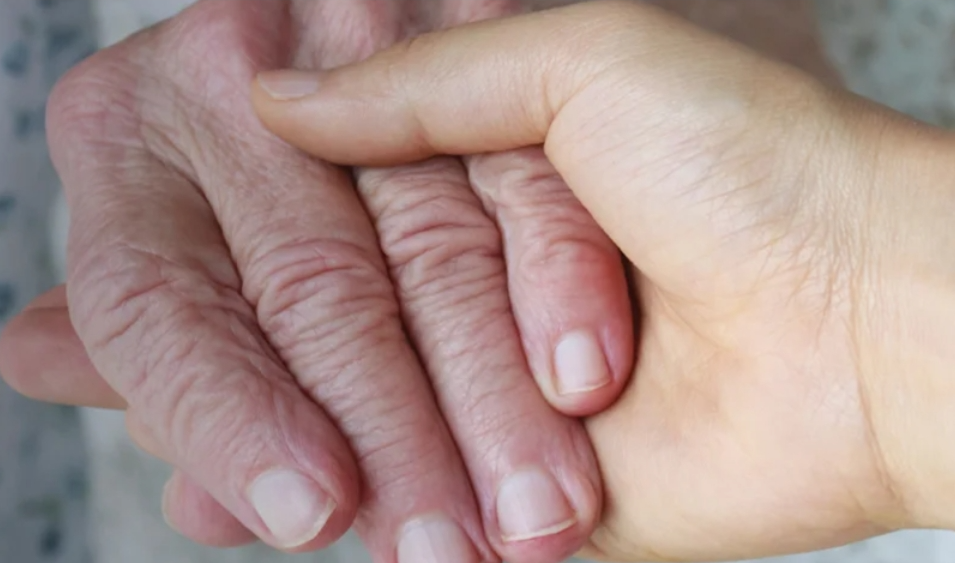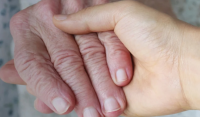End of Life Care | Spiritual care | Spirituality and the philosophy of end-of-life care



Spirituality and the philosophy of end-of-life care
Session overview
Description
This session will look at what health and social care professionals mean when they talk about 'spirituality' and outline how this understanding is central to the philosophy of end-of-life care.
This session was reviewed by Simon Betteridge and Richard Kitchen and last updated in March 2021.
Learning objectivesBy the end of this session you will be able to:
- explain the underpinning philosophy of palliative and hospice care for end of life and its links with spirituality
- explain the difference between religion and spirituality and why people who are not religious might have spiritual needs
- identify expressions of spirituality at the end of life and provide reasons why responding to these is important in end of life care
- give examples of what a holistic approach means in practice
- describe the specific cultural issues raised in relation to death and dying
Before commencing this session it may be helpful to complete:
- Assessment of spiritual well-being (215-0207)
- "Why Me?": Discussing spiritual distress (215-0329)
Spirituality is difficult to define and it is understood by different people in different ways. Some think of spirituality as a search for meaning and purpose [1](read details regarding the reference); some think about it as their world view, or their ‘take on life’ [2](read details regarding the reference), while others see spirituality as a way of understanding what it means to be human [3](read details regarding the reference).
In this session, we will think of spirituality as including our total experience of being human, the way we live and experience living in the world.
Spirituality has always been at the heart of good palliative and hospice care. When Dame Cicely Saunders founded what has become the modern hospice movement, she believed that people who are dying may suffer what she called ‘total pain’ and that, as part of caring for a dying person, it was important to consider their ‘spiritual pain’ [4](read details regarding the reference).
This session will include examples of holistic palliative care in practice in multidisciplinary palliative and hospice care teams.

- Midwifery Upskilling
- Posted By CRANAplus
- Posted Date: 2025-03-12
- Location:Alice Springs NT 870
- Midwifery Upskilling Designed for Midwives or GPs with relevant obstetric experience, the Midwife...
- Principles of Acute Paediatric Nursing
- Posted By Australian College of Nursing (ACN)
- Posted Date: 2025-03-11
- Location:Online
- This unit of study focuses on the assessment and management of infants, children and young people wi...
- Endometriosis and Pelvic Pain
- Posted By Australian College of Nursing (ACN)
- Posted Date: 2025-03-11
- Location:Online
- Endometriosis is the most common benign gynaecological condition worldwide, which is frequently mis-...
- Assessing and Managing Adult Pain
- Posted By Australian College of Nursing (ACN)
- Posted Date: 2025-03-11
- Location:Online
- The purpose of this unit of study is to provide the student with the necessary theoretical knowledge...
- Stress Response and Health Breakdown
- Posted By Australian College of Nursing (ACN)
- Posted Date: 2025-03-11
- Location:Online
- This unit of study aims to expand the student’s undergraduate understanding of applied clinical phys...



